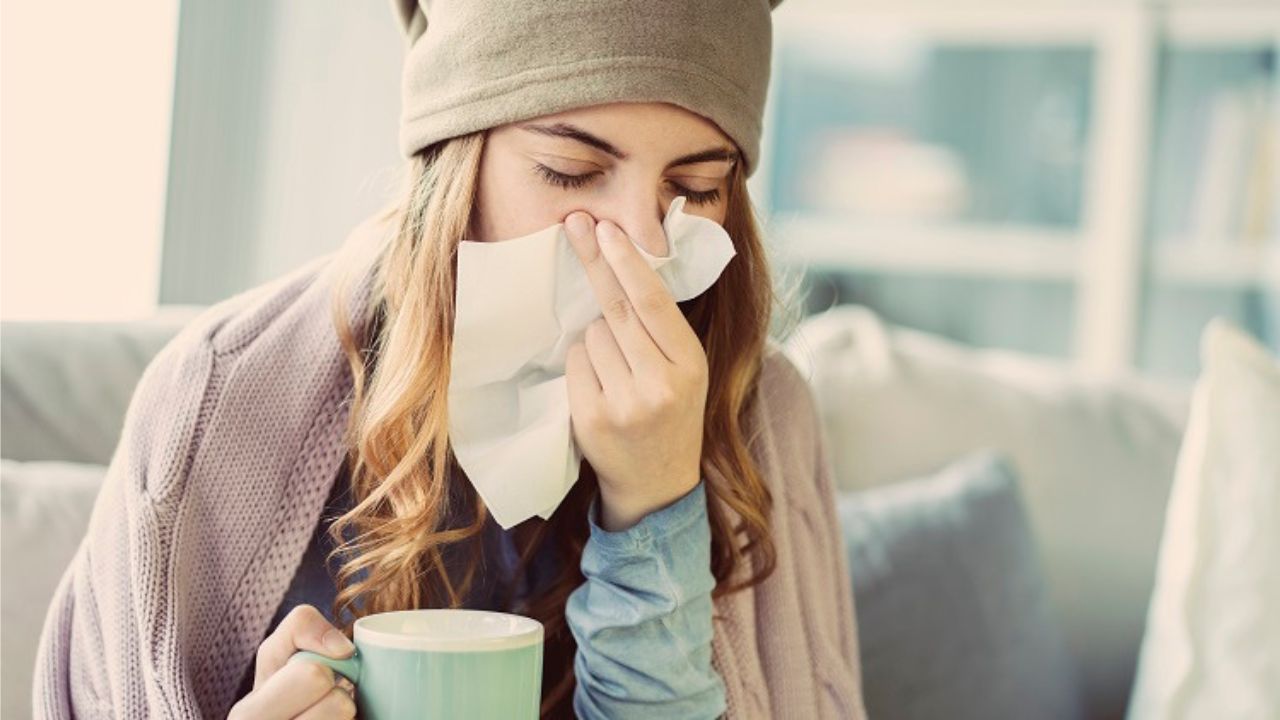Recent flu cases in New Delhi have increased significantly. According to reports, H3N2 influenza is rife in the state right now and is causing symptoms comparable to those of a protracted illness and coughing. Flu symptoms are becoming increasingly noticeable in people as a result of the sudden weather change and the temperature rising from an extremely cold state to a warm one.
Seasonal shift is detrimental to people’s health, as seen by the rise in patients complaining of viral illnesses and chest congestion. The number of people suffering from viral infections is rising significantly as a result of pollution. The most susceptible to infection are the young, old, and expectant mothers.
Symptoms:
Some of the most noticeable H3N2 virus symptoms include fever, respiratory symptoms like cough and runny nose, as well as other symptoms including body aches, nausea, vomiting, or diarrhea. In addition to those with asthma, there are a large number of other people who are suffering breathing issues due to severe lung infections. As a result of climate change, patients are having comparable problems. Due to the potential for severe respiratory issues and asthma attacks, people with chronic conditions like asthma should take extra precautions when the weather changes.
Treatment and safety measures:
Oseltamivir, zanamivir, peramivir, and baloxavir are currently recommended drugs and are only available with a prescription from your doctor. These can be used to treat both children and adults with the H3N2 virus. You must take antiviral medication exactly as instructed if your doctor has given it to you.
Some precautions that need to be done to prevent catching the H3N2 virus include:
- Vaccination: It is recommended to receive an annual flu shot. It’s recommended that you get it by the end of October.
- Maintain good hand hygiene by often washing them, particularly after using the restroom, before eating, and before touching your face, nose, or mouth.
- Avoid congested areas where the infection might easily spread.
- Limit your interactions with persons who are ill.
- Self-quarantine: In the event of the flu, remain at home for 24 hours following the onset of the fever.
- We must also cover our mouths when sneezing or coughing to prevent the sickness from spreading.

 हिंदी
हिंदी






